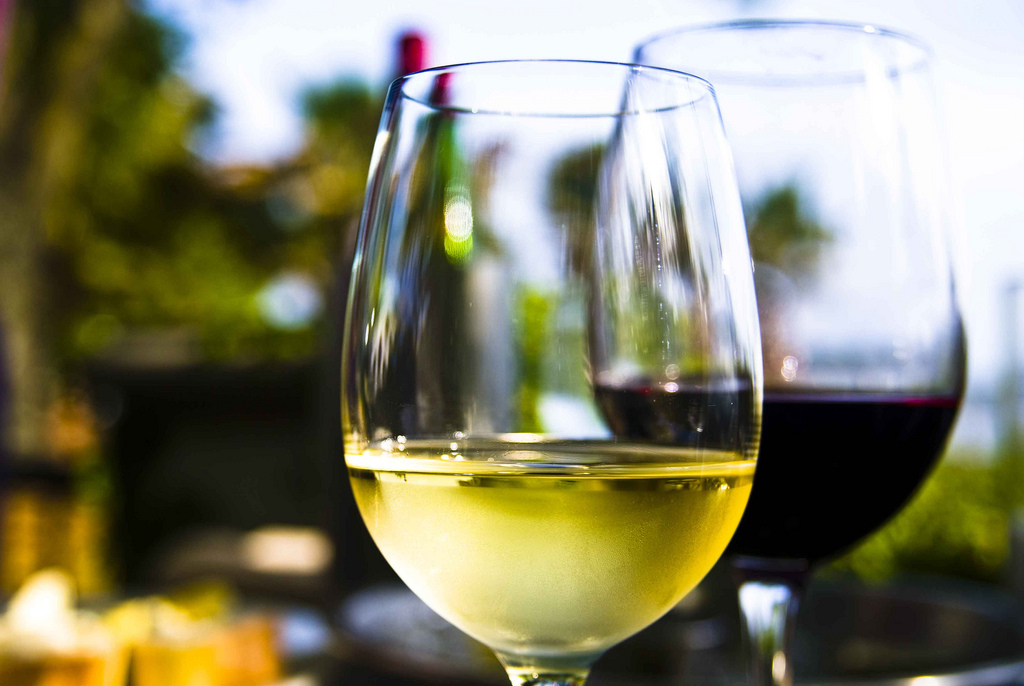I’m a sort of bullshit connoisseur. There are few things that entertain me more than watching someone say essentially nothing, and yet convince a bunch of other people that they said something. This is the prime piece of entertainment value derived from following politics, for example, or other charlatans like palm readers who are able to blather on about a whole bunch of not very much, but make money doing it. Anyone who appreciates all the nuances of this artform will eventually find themselves reading about the wine industry, because that is where it’s taken to a whole other level.
The entire field of “wine tasting” is a colossal edifice of bullshit built on an intricate lattice of hilariously meaningless adjectives like “austere”, “flabby”, “refined” and “steely”. If you fire up your trusty Bullshit-O-Meter, you’ll undoubtedly log a higher reading from the rhetorical flourish of your everyday wine taster, even when compared against the average politician’s campaign speech. The charlatans who create and reinforce the industry’s culture spin this complex web of code words to make it appear as if there’s some unique intelligence or knowledge needed to “judge” a wine.
The end effect of all this asshattery is to create a sort of pseudoelitism, and that necessarily makes this a club people desire to join. So legions of wannabe elitist inductees adopt the same idiotic linguistic nonsense to make it appear that they, too, have unique knowledge about a topic which is at its base entirely subjective. To put it bluntly, in order to be a club member, you must adopt a silly way of speaking about your personal opinions, and then you must then sneer at other people who don’t express themselves in those same silly ways.
It is so subjective, in fact, that nine times out of ten in blind tastings, the same judge doesn’t rate the same wine the same way twice. It becomes even more laughable when you look at the research of Frédéric Brochet (“Exhibit B” in this io9 article), which showed that out of 57 wine experts, not even one successfully distinguished a white wine from a white wine dyed with red food coloring. Think about that the next time someone scrunches their nose when you pop open a bottle of “hearty” red to accompany your plate of fish.
Despite all this, people still continue to believe, and this makes the wine industry a snake oil salesman’s dream. The best bit for the charlatans running this con: when people think a wine is more expensive, they will say they like it more, even when the wine has been chemically altered to objectively taste worse.
That is pure brilliance, and the marketer in me can’t help but be impressed.
Have a glass of Pinot Noir while you watch Vox neatly summarize some of these points in three and a half minutes:
